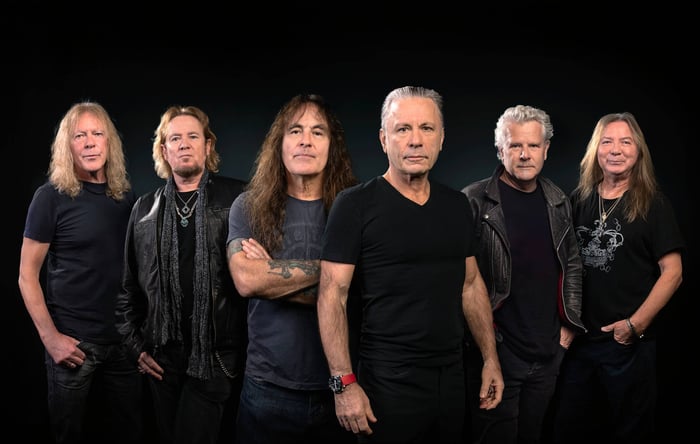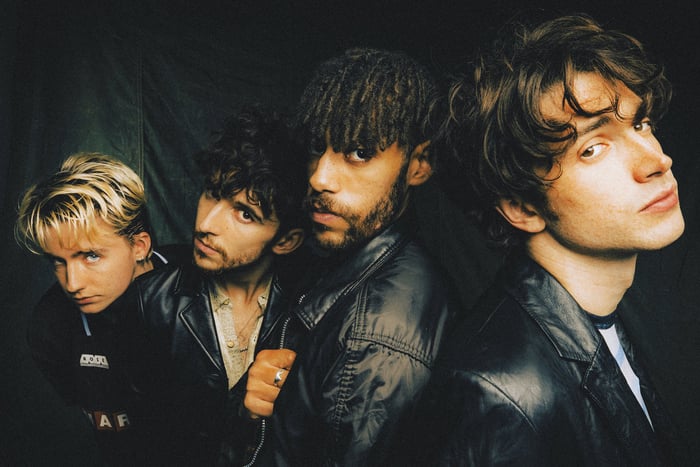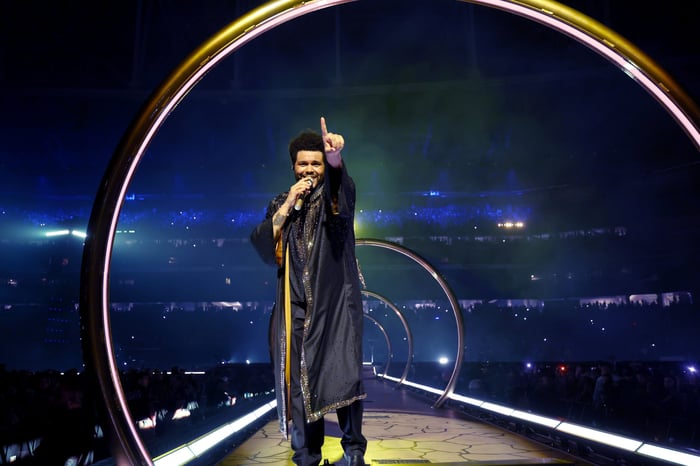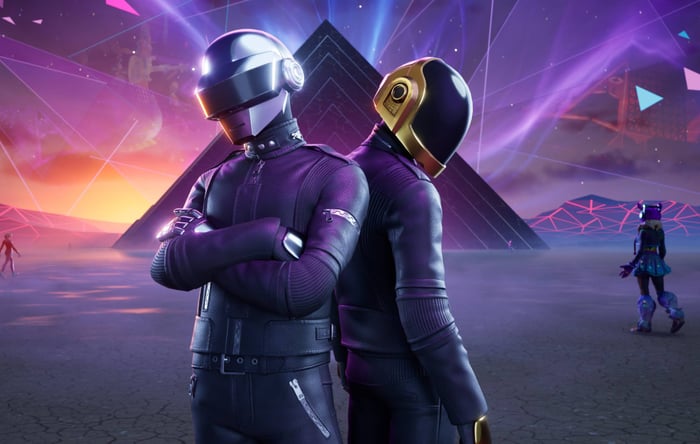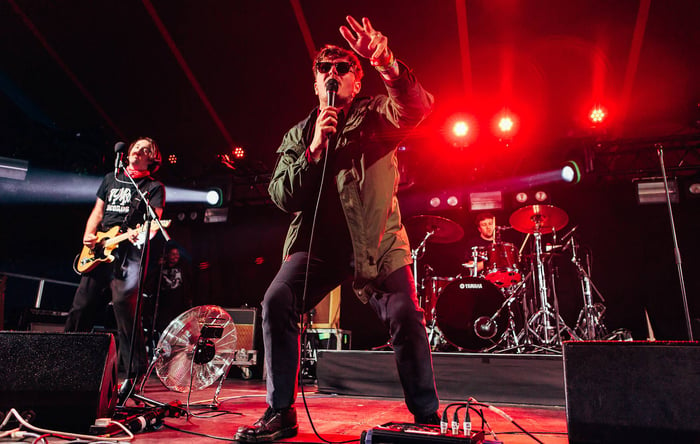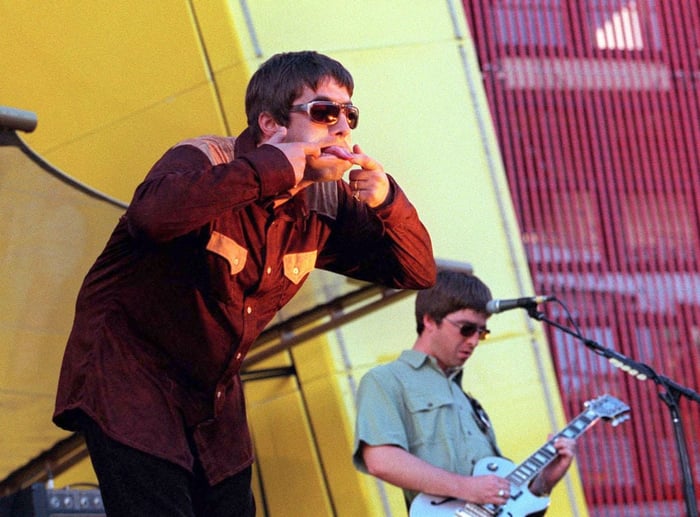
Why Oasis is Exactly What We Need Right Now
Why Oasis is Exactly What We Need Right Now
The undeniable swagger and raw optimism of Oasis is making a comeback—just when we need it most.
When a Band Becomes the Moment
There are those rare bands that don’t just play music—they own the moment and pull you into their world. Oasis is one of those bands, and I want to share why, for me, their music hits harder than ever today.
Back in the spring of 1994, I was just another struggling musician in San Francisco, barely holding together my band Third Eye Blind. I landed a meeting with the booking agent at Slim’s nightclub, a big deal for someone so desperate and unknown. Her office was tucked away in the basement under the stage—a humble spot that felt like the gateway to something bigger. Her name was Kat.
She’d received my demo tape and asked a question that caught me off guard: “What are your goals?”
With all the starry-eyed fervor of a dreamer, I said, “I want to be the biggest band in the world.” The smile on my face was big enough to fill the room.
Kat blinked, clearly not expecting that. “Well… you need to pay your dues,” she replied.
I shot back, “My dues—according to whom?”
Safe to say, the gig never happened. I was probably too cocky or just a pain in the neck. But that moment stuck with me like a badge of honor.
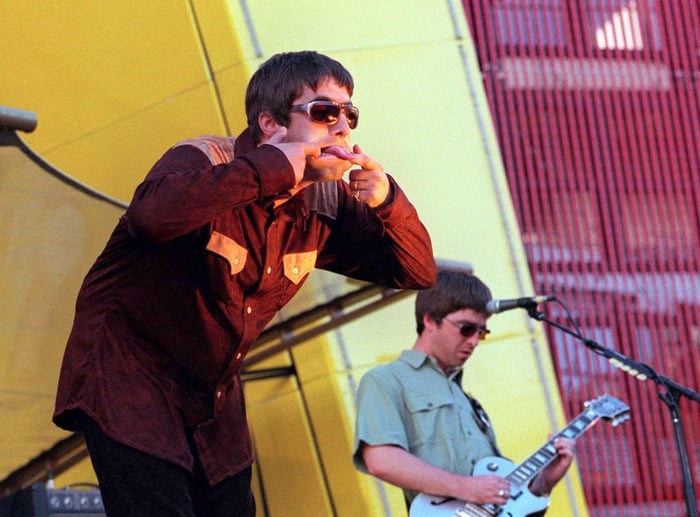
Liam Gallagher (left) and Noel Gallagher on stage in San Francisco, 1997. Photo by Dave Hogan.
A Musical Lifeline When It Was Needed Most
Months later, my band slipped apart and I found myself at a friend’s photo studio in the Lower Haight. Kim, a talented photographer, had Oasis blasting on the stereo. Their debut, Definitely Maybe, was on repeat. The sound was raw, unapologetic, and huge—think John Lennon meets a punk swagger with a splash of T. Rex glam.
Their track felt reckless and soulful all at once, like music was running straight into my veins, reviving something I thought was lost. I turned to Kim, “What is this?”
“Oasis!” she grinned. “Right?!”
I hadn’t realized how much I needed that—music that stripped away the self-conscious indie scene’s elitism and grunge’s grumbling gloom. Oasis didn’t care about your dress code or your “dues.” They shouted, We’re the rock stars now — on our terms.
“I need to be myself / I can’t be no one else / I’m feeling supersonic”
— Lyrics from Oasis, Supersonic
In a city where music scenes felt like backstabbing contests, Oasis was a breath of fresh air. They weren’t just rebellious—they were optimistic, alive, and defiant in the best way.
From Fan to Fellow Traveler
Oasis’s rise to worldwide fame was swift and unstoppable, and while I battled for my own break, they became that biggest band I dreamed of competing with.
Then came April 13, 1996—a day that changed everything. At the Bill Graham Civic Auditorium in SF, Third Eye Blind opened for Oasis. It was our moment. The crowd, packed with rabid Oasis fans, wasn’t expected to care about a little unknown band, but we won them over. They called us back for an encore, and even the local press took notice.
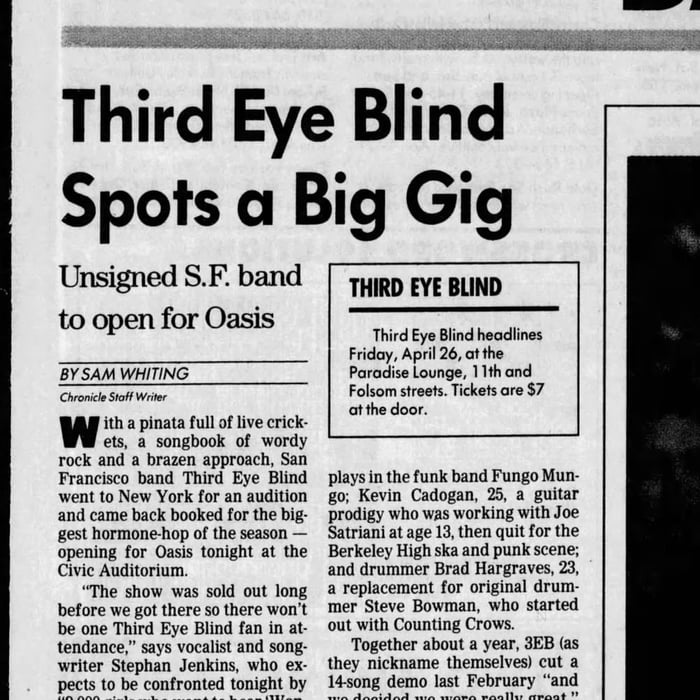
San Francisco Chronicle review from April 1996 applauding Third Eye Blind’s performance opening for Oasis.
That night set off a chain reaction—a bidding war for our band and a future on alternative radio. But more than that, it was a moment of shared swagger, that intangible vibe Oasis carried so effortlessly. It was contagious, magnetic, and it pushed me to reclaim my own confidence.
Oasis’s Return is No Accident
Fast forward to today, and Oasis is back on tour after a 15-year break. This isn’t just a reunion for nostalgia’s sake or because the band members want to settle old scores. It’s a cultural pulse responding to a time that badly needs their particular brand of defiant optimism.
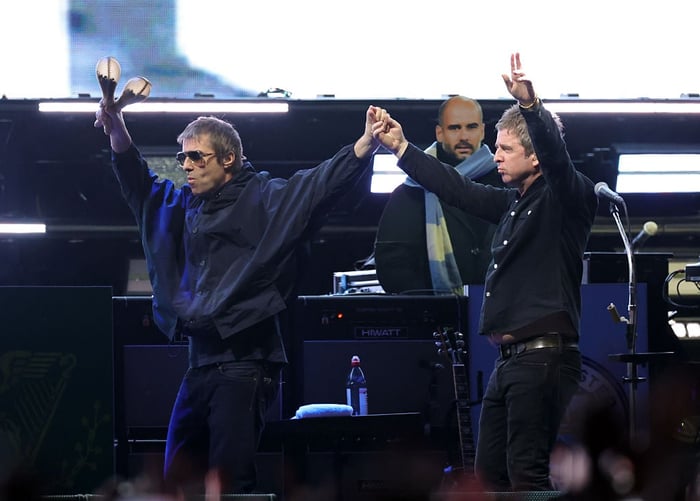
Liam and Noel Gallagher reunited on stage at Rose Bowl Stadium, Pasadena, California, September 6, 2025. Photo by Kevin Winter.
We live in a world where fear and despair have often seemed to dominate the narrative. People have been worn down by uncertainty, watching from the sidelines as chaos unfolds around them. But beneath all that, a collective energy is simmering, ready to rise.
At protests and gatherings, it’s clear that millions aren’t just demanding change—they’re hungry to feel hope and optimism again. Oasis’s music isn’t preachy or saccharine, but it embodies a fierce refusal to surrender to circumstance. When they sing “Don’t Look Back in Anger,” the crowd doesn’t just sing—they believe in moving forward.
Why Oasis’s Sound Still Resonates
Their music is a rallying cry, a shared moment where thousands of voices unite in defiance against despair. That’s why their comeback feels so vital—it’s not just about music; it’s about capturing a collective mood ready to shift.
Imagine hearing a stadium full of people sing “Don’t Look Back in Anger” with all their might. It’s a declaration, a catharsis, and a promise. Oasis taps into that raw, real emotion, reminding us all that optimism isn’t naive—it’s powerful.
Maybe even some politicians could take a page from their book. If leaders started their day with “Supersonic” instead of doom and gloom, who knows what might happen?
The Call to Feel Supersonic Again
So here’s the truth: we need Oasis. I need Oasis. Their swagger, their unapologetic confidence, their sound that feels like a shot of adrenaline straight to the heart.
They’re back, just when the world could use a little more fire and a lot more soul. When you see them live, you won’t just be watching a band—you’ll be part of a moment, a movement, a revival of that feeling that anything is possible.
Welcome back, lads. We’ve been waiting.
FAQ
- What made Oasis stand out from other bands of their time?
They combined raw, straightforward lyrics with an infectious optimism and swagger that broke through the cynicism of the ‘90s music scene. - Why was Oasis’s debut album Definitely Maybe so impactful?
It captured a unique energy—no pretense, no apologies—that resonated with people feeling trapped by the grunge and indie scenes. - How did Oasis influence other bands like Third Eye Blind?
Their confidence and attitude inspired many emerging artists to believe in themselves and push boundaries. - Why is Oasis’s reunion significant now?
Their return aligns with a cultural moment craving optimism and collective hope amid uncertainty. - What’s the best way to experience Oasis’s music today?
Seeing them live is the ultimate experience, but diving into classic albums like Definitely Maybe and (What's the Story) Morning Glory? brings their spirit to life.
If Oasis’s energy and classic album covers have you feeling inspired, why not bring that vibe home? Shop your favorite Oasis album cover poster at our store and keep that supersonic spirit alive every day.
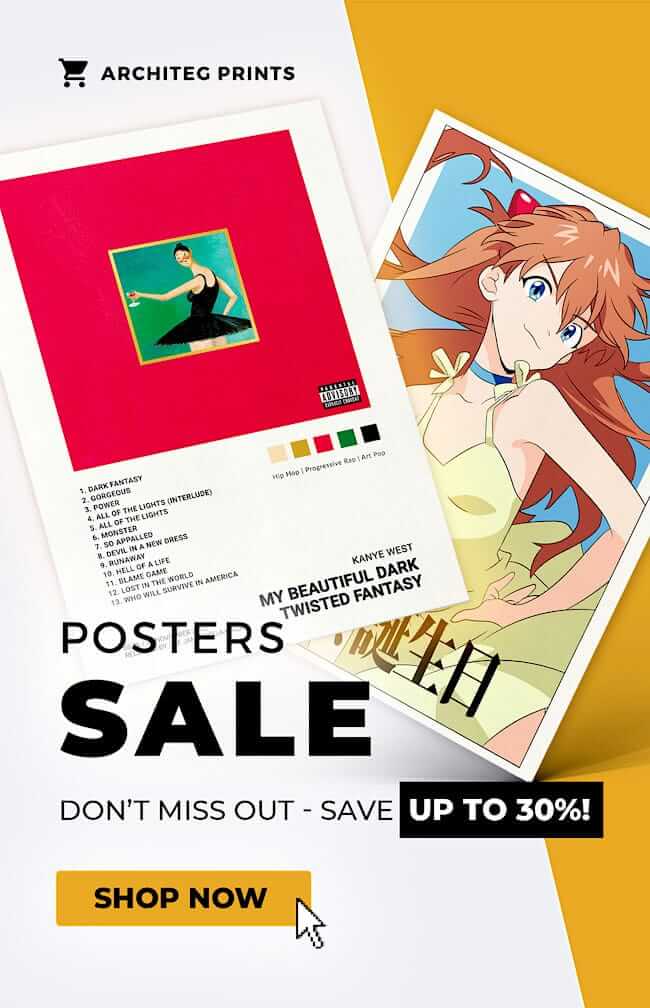 | DISCOUNTGET 30% OFF*Use code on your next order:
|
* This post may contain affiliate links, meaning we earn a commission if you make a purchase through these links, at no additional cost to you.



